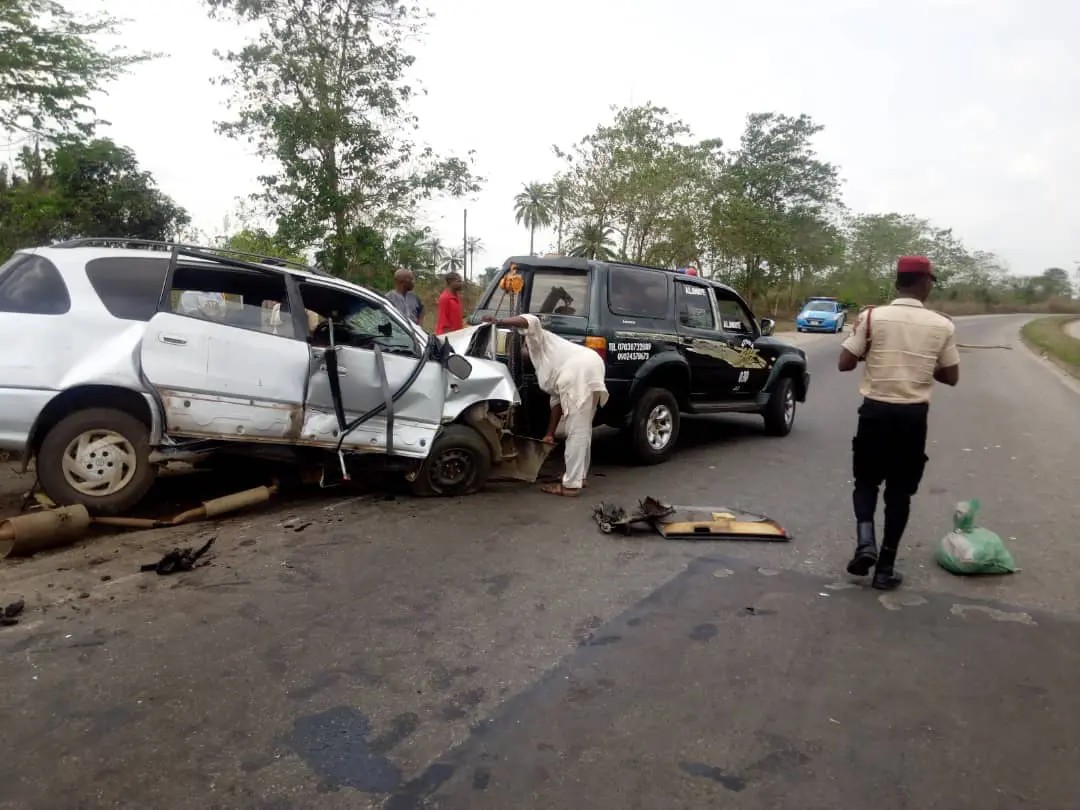
A world-first vaccine developed by Melbourne scientists, which could eliminate or at least reduce the need for surgery and antibiotics for severe gum disease, has been validated by research published this week.
A team of dental scientists at the Oral Health CRC at the University of Melbourne has been working on a vaccine for chronic periodontitis for the past 15 years with industry partner CSL. Clinical trials on periodontitis patients could potentially begin in 2018.
Moderate to severe periodontitis affects one in three adults and more than 50 per cent of Australians over the age of 65. It is associated with diabetes, heart disease, rheumatoid arthritis, dementia and certain cancers. It is a chronic disease that destroys gum tissue and bone supporting teeth, leading to tooth loss.
The findings published in the journal NPJ Vaccines (part of the Nature series) represent analysis of the vaccine’s effectiveness by collaborating groups based in Melbourne and at Cambridge, USA.
The vaccine targets enzymes produced by the bacterium Porphyromonas gingivalis, to trigger an immune response. This response produces antibodies that neutralise the pathogen’s destructive toxins.
P. gingivalis is known as a keystone pathogen, which means it has the potential to distort the balance of microorganisms in dental plaque, causing disease.
CEO of the Oral Health CRC, Melbourne Laureate Professor Eric Reynolds AO, said it was hoped the vaccine would substantially reduce tissue destruction in patients harbouring P. gingivalis.
“We currently treat periodontitis with professional cleaning sometimes involving surgery and antibiotic regimes,” Reynolds said.
“These methods are helpful, but in many cases the bacterium re-establishes in the dental plaque causing a microbiological imbalance so the disease continues.”
“Periodontitis is widespread and destructive. We hold high hopes for this vaccine to improve quality of life for millions of people.”






